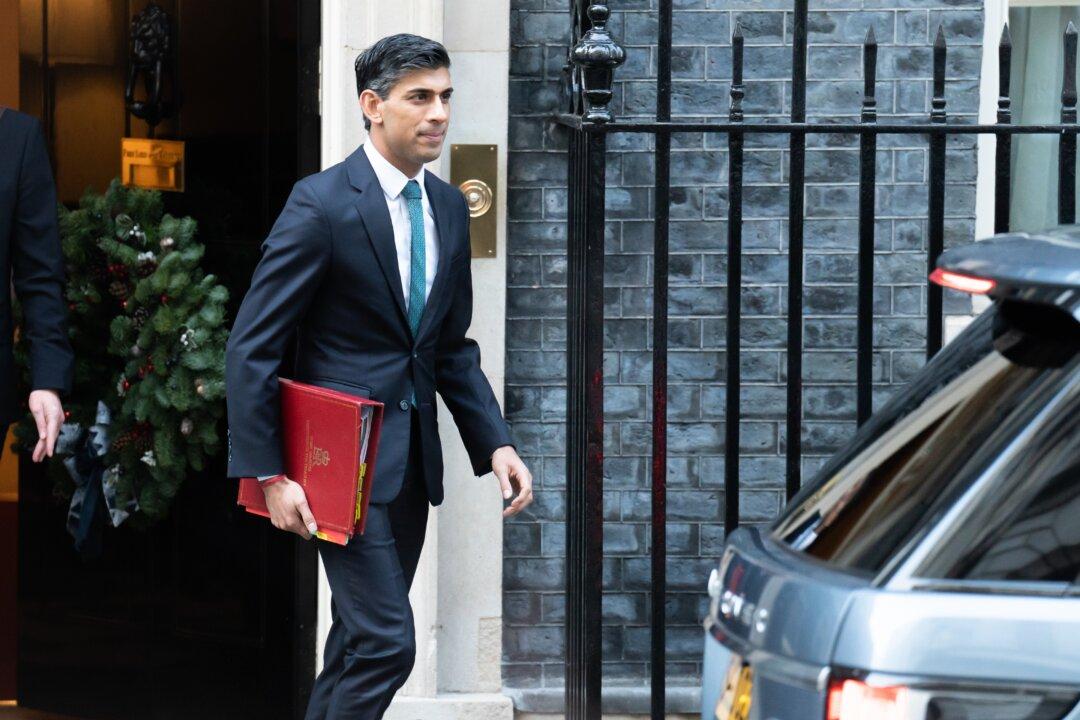British Prime Minister Rishi Sunak has said he is “sad” and “disappointed” about widespread disruptions caused by strikes, but has insisted that refusing to negotiate on public sector pay is the “right thing” to do.
Speaking to broadcasters during a visit to a homeless shelter in London, Sunak said: “I am really sad and I am disappointed about the disruption that is being caused to so many people’s lives, particularly at Christmas time.”





